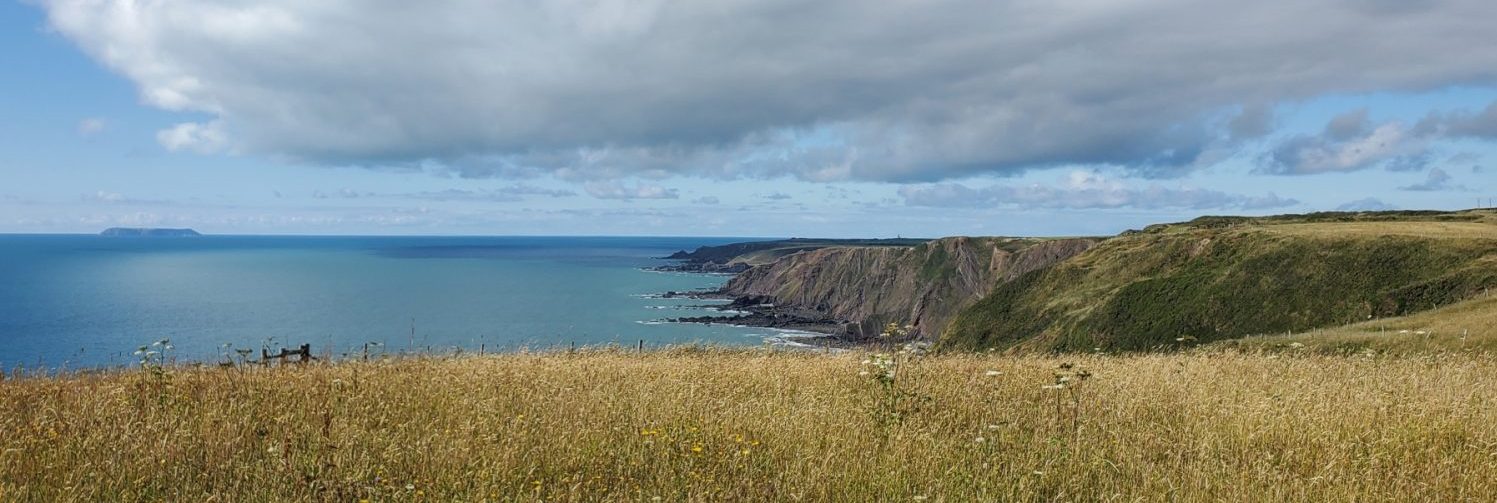As the environmental and ecological emergencies become increasingly present in conversations of all kinds, examining the very idea of nature has never been more necessary. Photography, often associated with technology, innovation and automation, might at times seem at odds with nature, but it was in fact a central part of its definition when it was discovered.
In this topic, we scrutinise the idea of nature and its relationship with human culture. We look at certain myths and explore photography’s potential to challenge the exploitation of the planet’s finite resources. You are also asked to consider the impact of your practice and what resources your photography consumes.
Q. What is your understanding of the word ‘nature’. How is this term problematic?
A. I think it is easy to visualize nature as being perfect. And certainly not think humans feature within that picture.
Q. How does location and environment feature in your work?
A. Pretty much all my photos to date are ‘landscapes’ in one form or another
Q. What is the relationship between your practice and human consumption?
A. Do I encourage humans to consume more? By heightening the desire to visit places I have been. Possibly.
Jesse’s final comment in his presentation:
In the context of the climate and ecological emergencies, we must also be especially vigilant of photography’s inherent relationship to consumerism. Whether a forest, mountain range, a car, or a washing machine…photography seldom satiates, but has a tendency to heighten our desire for consumption – both aesthetic experiences and material things, and as responsible, accountable image makers we need to be acutely aware of the true impact and costs of these.
